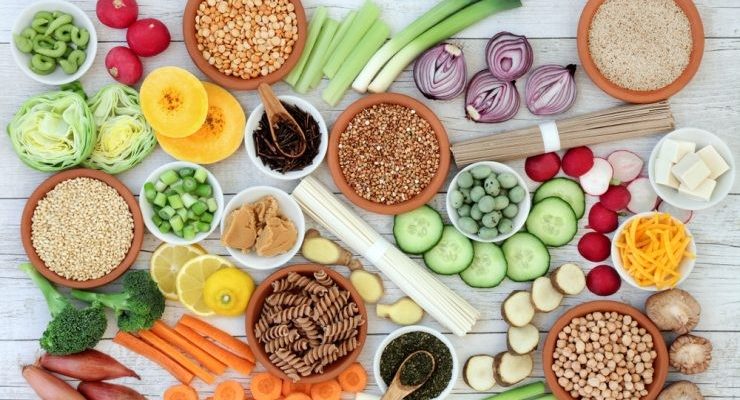No matter how old you are, there are a few things you can do to stay relatively healthy and fit, including diet and exercise. In fact, studies have shown those two factors have the biggest effects on your overall health. Because of this, many people opt to change their diet and exercise more when they want to become healthier. The macrobiotic diet is one of the diets someone may choose to follow.
Whether that someone is you, or you’re thinking of taking a health counselling course and need to know more about the different diets, here are some important points to remember.
How It Started
The word ‘macrobiotic’ comes from the Greek words ‘macro’, which means ‘large’ or ‘long’, and ‘bio’, which means ‘life’. Japanese philosopher and educator George Ohsawa developed this diet in the 1920s. He did so because he believed that it would enhance health and promote longevity. He also believed a simple, healthy diet would enable people to live in harmony with nature, improving spiritual health as well.
Foods to Eat and Foods to Avoid
When following a macrobiotic diet, 50% to 60% of each meal should be made up of organic whole grains like barley, oats, brown rice, buckwheat, and millet. Locally grown vegetables should make up 25% to 30% of each meal, with beans making up about 10% of the meal.
It’s a good idea to have fruit several times a week, as well as the occasional small serving of nuts and seeds. While meat isn’t allowed in general, small amounts of fish and seafood are allowed.
The occasional small serving of nuts, seeds, and pickled vegetables is allowed, as are small amounts of fish and, as mentioned above, organic meat. When it comes to beverages, water is the go-to choice, but one may have roasted barley tea, roasted brown rice tea, stem tea, or dandelion root tea as well.
Avoid eggs, poultry, and dairy products, not to mention processed foods or foods with artificial flavours and colours. One should also avoid foods with preservatives, alcoholic drinks, caffeinated drinks, and sweetened drinks.
The Pros
The macrobiotic diet is one that’s high in fiber and low in fat and sugar. Even when easing into the diet by having a macrobiotic meal just once a day, one would be eating healthier already.
According to proponents of the diet, the diet has anti-inflammatory properties, therefore helping to protect against cardiovascular diseases and helping to slow the aging process.
The Cons
The diet doesn’t include animal products except for fish and seafood, so it can lead to a lack of important nutrients like protein, vitamin B12, iron, magnesium, and calcium. For this reason, health experts don’t recommend it for everyone as it may be too restrictive.
Since the macrobiotic diet also accounts for lifestyle factors, age, and gender, it can be complicated and time-consuming to balance properly. This diet may not be the best choice for someone who doesn’t always have the time to put into meal planning and preparation.













Comments